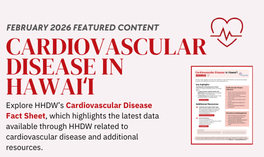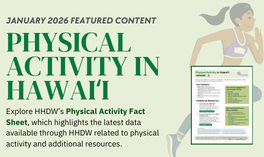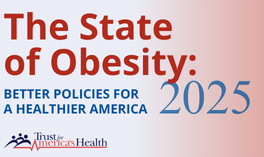Cardiovascular disease refers to several heart conditions resulting from plaque building up in the arteries, including coronary artery disease, chest pain, heart attacks and stroke. Complications from heart disease can include paralysis, speech difficulties, depression and difficulty engaging in physical activity. The Annual Report produced by America’s Health Rankings collects data to assess the health outcomes on a state-by-state basis and is the longest running assessment of the nation’s health. Hawaiʻi ranked third in the nation for cardiovascular health. Below are some of the findings for cardiovascular disease in Hawaiʻi mentioned in the 2021 Annual Report:
- 6.6% of Native Hawaiians and Pacific Islanders were diagnosed with cardiovascular disease in 2020, compared to the national average of 8.1% in the United States.
- The prevalence of cardiovascular disease in Hawaiʻi was two times higher in adults who did not complete a high school degree compared to adults who graduated college (11.8% and 5.4%, respectively).
- Adults ages 65 and older were more likely to develop cardiovascular disease. 15% of adults ages 65+ compared to 6.2% of adults ages 45-64 and 1.4% for adults ages 18-44 in Hawaiʻi.
- In Hawaiʻi, cardiovascular disease is more prevalent among men than women. 7.6% of men compared to 4.8% of women.
- The prevalence of cardiovascular disease in Hawaiʻi was two times higher in adults who did not complete a high school degree compared to adults who graduated college (11.8% and 5.4%, respectively).
- Adults ages 65 and older were more likely to develop cardiovascular disease. 15% of adults ages 65+ compared to 6.2% of adults ages 45-64 and 1.4% for adults ages 18-44 in Hawaiʻi.
- In Hawaiʻi, cardiovascular disease is more prevalent among men than women. 7.6% of men compared to 4.8% of women.
You can review the report here.



